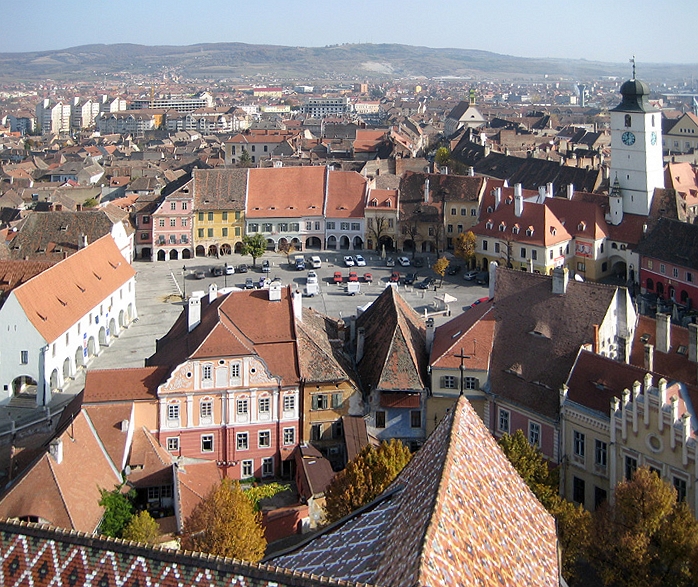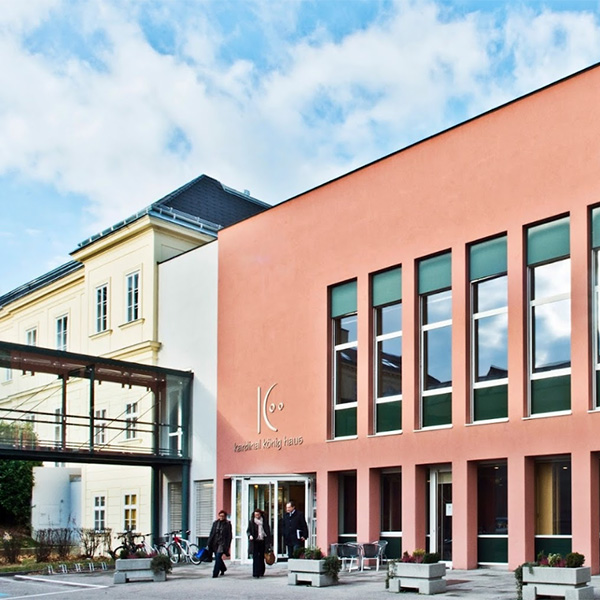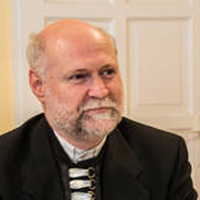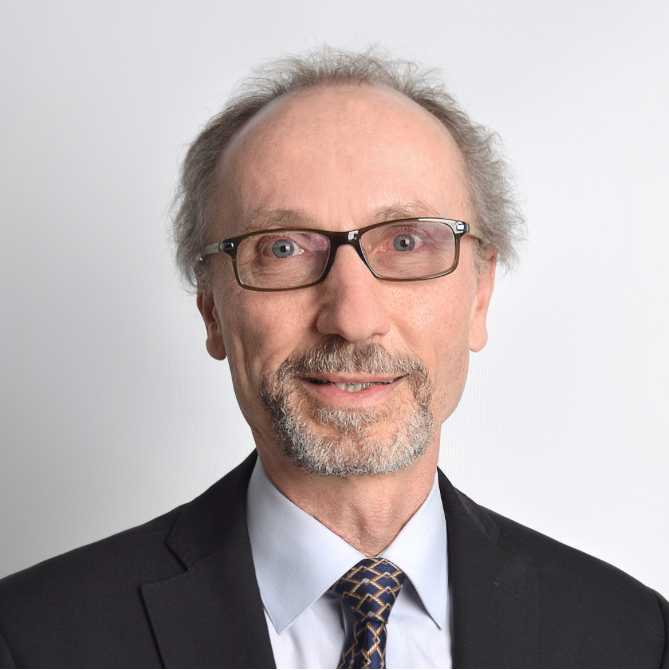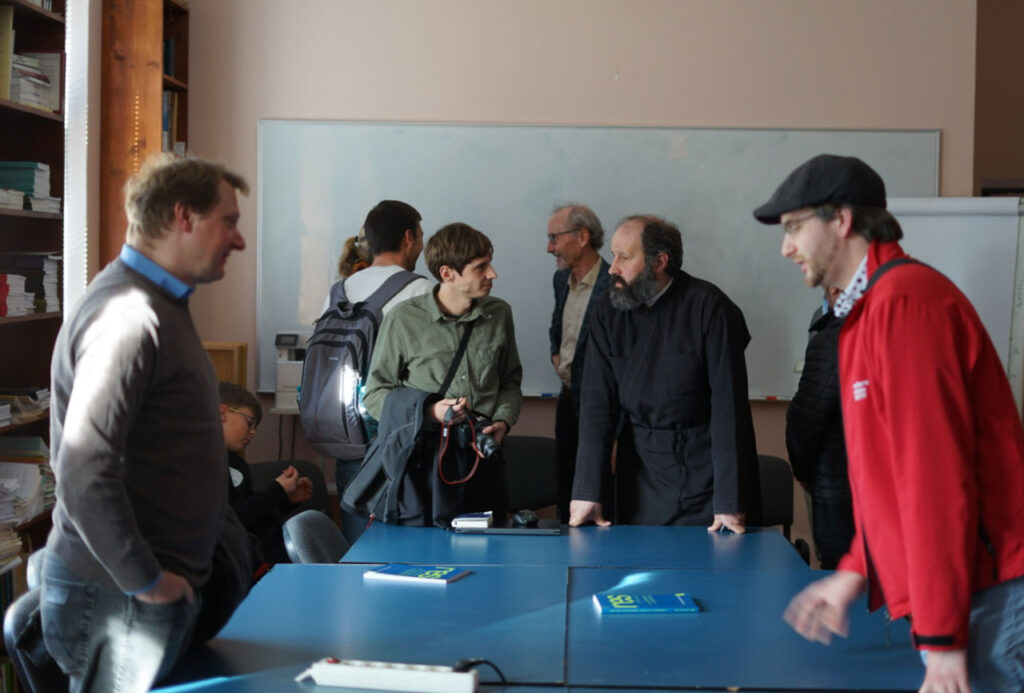
Taking advantage of our skills: what protestants are good at
The protestant churches have a strong exegetical tradition. Ministers are almost always required to learn biblical languages as part of their formation and they are trained to read and explain difficult texts. The skills should be implemented in the everyday life of the congregation as a possibility for the interested, not only for church members but open to everyone.
This could mean:
Continue reading “Enhancing Participation in the Congregation”